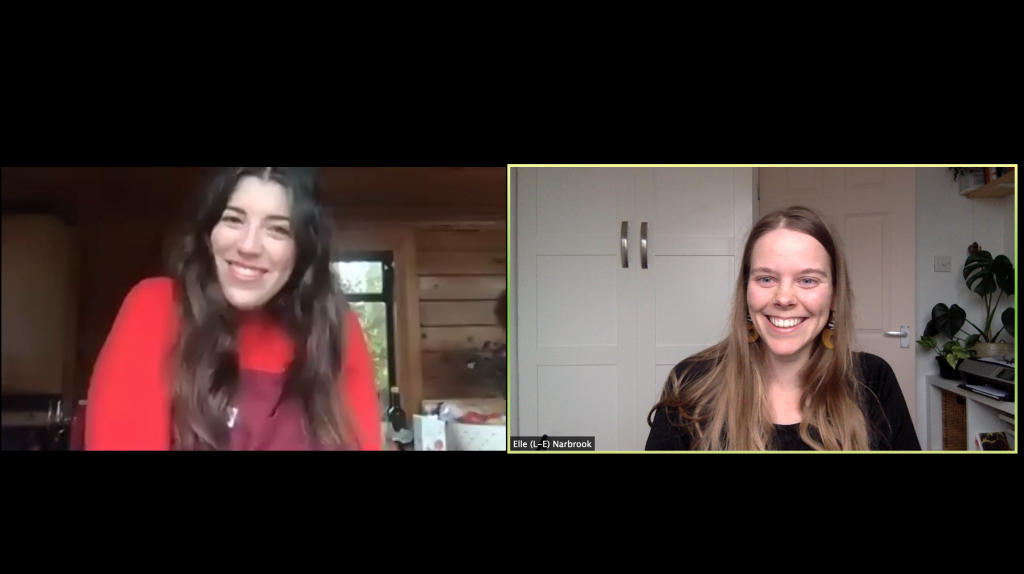I have been a freelancer for about five years now, and just a few of my current job titles include personal branding photographer, family photographer and website designer. All these depend on the freelancer tools and skillsets I have been honing over the years –– from bookkeeper to copywriter to social media strategist to competence in just about every popular, and a few niche, software programs.
However, of all the tools for freelancers, there is one especially that is indispensable, will make your life so much easier, and is really enjoyable…
Your support network of fellow freelancers is EVERYTHING.
Your success, growth and wellbeing depend more on other freelancers than you might expect. Freelancing is often considered a solo gig, and it never fails to amaze me how much people underestimate the importance of people power as one of the best freelancer tools.
If you have read any of my other blogs this may come as a surprise to hear, as there is SO much I encourage you to do yourself, from taking your own headshots or yoga photos to social media growth strategies.
However, developing a freelancer network comes with a whole host of professional benefits, as well as, what I call, community benefits which ensure that our freelance work culture supports our personal wellbeing, values and quality of life –– as well as our business plans.
Professional
No freelancer is an island, or at least not an isolated one, we are more like an archipelago –– and when it comes to your professional growth forging some ties with people in and outside of your direct field is a top tool for freelancers.
Create Your Own Team
Clients often want more than you offer: people looking for editors might require a ghostwriter too, as a social media strategist you might be a marketing whizz but perhaps your video content creation skills are not so hot. This doesn’t mean you need to lose a job or stress yourself out doing something you don’t like or understand.
In my experience, clients like it when you have a network of people you can recommend or even reach out to directly for (paid) help on a project. It might feel awkward –– as it may push the costs up, but the reality is that perhaps what your client needs really is a two-person job and you can explain that to them –– or help them re-evaluate what they really do need within their budget.
Best of all, over time you build up working relationships with people you respect and trust professionally, and this can create a mutual workstream as chances are one day they will call you up requiring your specialities!
Referrals: What Goes Around Comes Around
By far the easiest, least time-intensive way to find new clients is through referrals. Word gets around –– and it is not only your clients who recommend you but other freelancers, and often freelancers who do exactly what you do.
Freelancing can be pretty boom or bust; knowing people in the same field as you can massively help out when you are either overworked or underworked. Having a recommendation for a client you can’t (or don’t want) to take on speaks to your professionalism… and when things dry up, you can call up your pal and see if they might have a good lead for you.
Allies, Not Competition
Yes, we know –– lean in. It’s a little bit of a cliche by now. But I can’t emphasise how important this is in the freelance world –– all those people who do what you do are not your competition, they are your comrades, inspirations, mentors and collaborators.
It can feel like we have to compete, but I have found that to be a scarcity mindset –– and the more you grow your freelancer network, the more work tends to come your way.
Staying in the Know
As new technologies, platforms and trends come on to the scene keeping up with them is overwhelming. Instead of stressing over mastering all of them, being connected to other freelancers will educate you on how, or if, your business could benefit from a new technology.
Also, you might not ever find out about something unless you talk to other freelancers. The one thing I recommend to everybody who mentions building their own website is Elementor –– because I do website building I know it works, but most people who aren’t in the field haven’t heard of it.
Questions, Questions, Questions
Just ask. There are SO many questions and things that freelancers need to figure out and your best source of knowledge are other freelancers (and the internet). The benefit of asking someone who is in a similar position to you (as opposed to just asking Google) is the answers vary not only depending on what field you are in but also where you live.
These are some of the most common questions I get asked…
- What do I charge?
- How do I do my taxes?
- How do I handle this difficult client?
- Where did you learn to X, Y, Z?
- Can you take a look at my website –– is it intuitive?
- Do I need to register my business?
I could go on and on.
However, please be mindful of not taking advantage of your fellow freelancer’s valuable time –– an occasional DM with one query is okay, but if you have a huge list of questions about getting started then book an hour with a freelancer you respect and compensate them accordingly –– either financially or seeing if they would be up for a skill swap.
Community

There is a huge overlap between professional freelancer connections and your freelancer community. However, the community side of freelancing is about joy, social connections and supporting your overall wellbeing… alongside your business plan.
Community is one of the most invaluable freelancer tools considering that remote, flexi and freelancing work is on the rise –– and not just due to Covid. Global Workplace Analytics estimates that the remote work sector has grown 173% between 2005-2018 in the US. I think it’s safe to say 2020 will have bumped that statistic up significantly.
The growth in the field has equated to better remote working technology which is wonderful, but establishing a healthy and enjoyable remote work culture is more important in my opinion. Finding your freelancer community isn’t the most straightforward thing because of the solo nature of freelancing, but it is so vital. Not only does it make your work more enjoyable but also improves your overall quality of life. Here are just a few of the top reasons…
Motivation
I inwardly chuckle every time someone says ‘I just don’t have the discipline to work for myself’. The benefits that come from freelancing is pretty good motivation… but yes, we all have days where that self-discipline is lacking.
The best way to feel motivated is to sponge off somebody else’s motivation! Call a friend, or even hold each other accountable to work by arranging a Zoom ‘office hour’ where you work on your separate projects alongside each other. I find that I’m more motivated to work when I’m with (virtually or not) someone else that is working.
Social life
You may feel a little isolated by freelancing, or you may have a great set of relationships outside of your work. Either way, it can be really nice to know some other freelancers socially.
Sometimes you need to blow off work steam with someone who gets it, or perhaps mid-morning coffees or early afternoon video calls are your preferred social hours as these fit best with your routine. Take full advantage of being able to keep unconventional free time hours.
Team Strategies
Talking to people in your field about how you would like to see your corner of the freelancing world progress is invaluable. The freedom of freelancing can slip into a sort of lawless state at times, as you witness people or platforms undercut your field in prices or ethics.
I love coming together with a group of likeminded people to strategise about what sort of ethical and progressive codes we stick to, and often this intersects with social justice work. Sexism, LGBTQ+ discrimination, and racism permeate all fields of work, freelance professions are not immune. Increasingly there are networks and groups establishing themselves to address these injustices –– have you thought about what steps you and your field can take?
Mental Wellbeing
Freelancers are both the happiest and the saddest people I know. We tend to love what we do… but we also lean towards depression, anxiety, and difficult, lonely days. This is a huge reason why your support network is perhaps the most important of all freelancer tools –– they are essential for your mental health.
Your support network might consist of friends or family beyond your work sphere, but I have found a special kinship amongst fellow freelancers when it comes to my wellbeing. Many people are freelance because it allows them the schedule and lifestyle they need to take better care of their mental health –– but it can be a fine balance not to slip into isolation or completely spiral when you mess up and don’t have someone who really gets it to talk it through with. We desperately need our communities so we can take better care of ourselves.
I could keep going with reasons why your support network is one of the best freelancer tools or resources you can have… but I think that’s enough for now. If you don’t know where to begin for finding fellow freelancers social media is a great place to start –– don’t be afraid to DM someone you respect, and there are a ton of Facebook and Slack groups for all fields. For in-person connection, Meetup might have something in your area… but I have picked up many a freelancer friend at yoga and in book groups –– we are often a shy but friendly bunch and you just need to say hello.




0 Comments
Trackbacks/Pingbacks